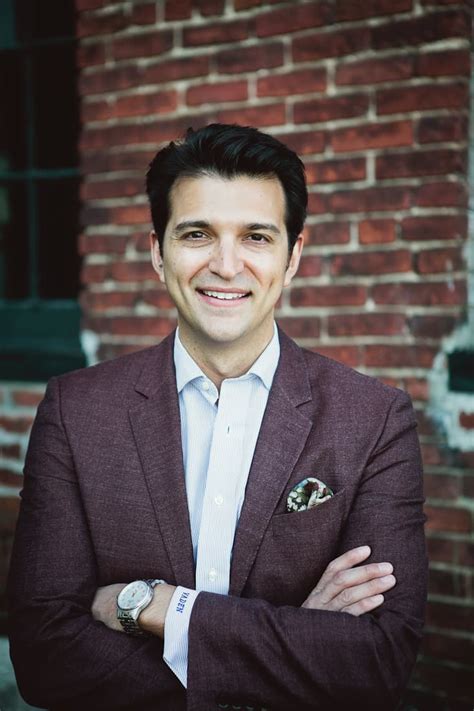A Quote by Moby
Oftentimes things that seem really difficult and traumatic in the short term seem a lot less difficult and traumatic in the long term.
Related Quotes
I look back and think of all the times I've had to let things go in the past, and how traumatic it seemed while it was happening, but how my understanding of it changed as time passed - and oftentimes things that seem really difficult and traumatic in the short term seem a lot less difficult and traumatic in the long term. So I remind myself of that.
Being captive to quarterly earnings isn't consistent with long-term value creation. This pressure and the short term focus of equity markets make it difficult for a public company to invest for long-term success, and tend to force company leaders to sacrifice long-term results to protect current earnings.
Frequent comparative ranking can only reinforce a short-term investment perspective. It is understandably difficult to maintain a long-term view when, faced with the penalties for poor short-term performance, the long-term view may well be from the unemployment line ... Relative-performance-oriented investors really act as speculators. Rather than making sensible judgments about the attractiveness of specific stocks and bonds, they try to guess what others are going to do and then do it first.
The most important thing that a company can do in the midst of this economic turmoil is to not lose sight of the long-term perspective. Don't confuse the short-term crises with the long-term trends. Amidst all of these short-term change are some fundamental structural transformations happening in the economy, and the best way to stay in business is to not allow the short-term distractions to cause you to ignore what is happening in the long term.
The most self-disciplined people in the world aren't born with it, but at one point they start to think differently about self discipline. Easy, short-term choices lead to different long-term consequences. Difficult short-term choices lead to easy long-term consequences. What we thought was the easy way led to a much more difficult life. I think that motivation is sort of like a unicorn that people chance like a magic pill that will make them suddenly want to work hard. It's not out there.
I think we've reached that point where we understand medically what we are doing to ourselves with these sports. In football, it's kind of hard to get the access that you want for the story and, of course, it's very long-term: the effects of the repeat concussions really don't hit until decades afterwards, whereas the traumatic injuries in extreme sports are very immediate. I realized Traumatic Brain Injury was a fascinating and important story that not had been told very much. I wanted to know more.
With my eyes closed, I ask if she knows how this will all turn out. "Long-term or short-term?" she asks. Both. "Long-term," she says, "we're all going to die. Then our bodies will rot. No surprise there. Short-term, we're going to live happily ever after." Really? "Really," she says. "So don't sweat it.


































